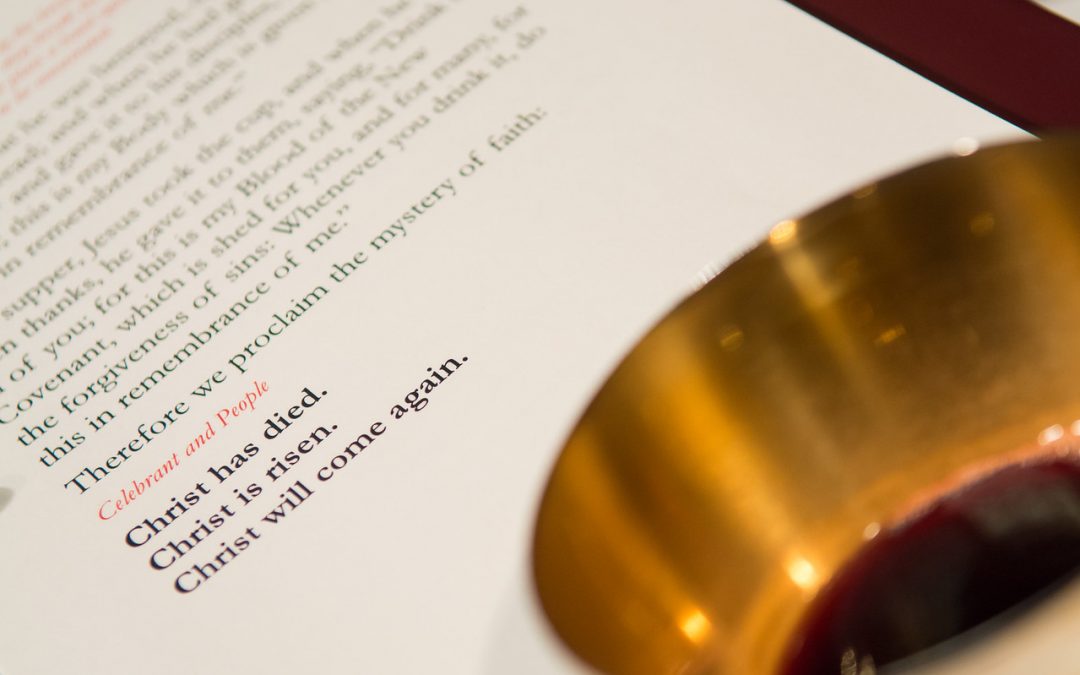When people think “Anglican,” some people think of erudite authors: CS Lewis, Dorothy Sayers, John Donne, TS Eliot. That’s Anglican. Some think of insightful New Testament theologians and pastors: NT Wright, John Stott. That’s also Anglican. Some think of choirs and classical choral music. That’s Anglican too.
Anglican literally means “of England.” If, today, you’re a Christian worshipping in English—you’re welcome. We’re the third-largest tradition of Jesus-following in the world. But Anglicanism is African, Asian, and Hispanic too! Statistically, the “average” Anglican in the world today is a young African widow, single mother of three.
All of this is true. But, what does Anglicanism feel like when you experience it?
Anglicanism is Balance without loss of Conviction:
We believe in the authority and inspiration of the Scriptures. We hold fast to the “faith once delivered.” Yes. And the Anglican way respects conscience; has a strong tradition of thoughtful biblical reflection; and a patient kindness and listening ear; an “organic” spirituality. We are a tradition of balance in the midst of our convictions. We think this way because we believe God has revealed himself and also that we are but men. We are to be humble, in our relationship with him and with each other.
Anglicanism is Beauty without loss of Compassion:
The Anglican way has given the Christian tradition some of its most uplifting prayers, its best poetry and music, its most beautiful liturgies. “Our Father, who art in heaven” was us. “Dearly Beloved, we are gathered here today” was us. We are a tradition of writing and art and music. We believe in wonder. We strive to appreciate beauty. But it’s not snobbery, far from it. In our appreciation of liturgy and beauty, we are a place for the poor, the suffering, the mentally-unstable, the anxious. We have found rest and peace in that order, that beauty, and we offer it to the world. We value beauty this way because of the compassion of God we experience. Christ, who was rich beyond all measure, for love’s sake, became poor. In the Incarnation, we see the compassion of Him to whom all beauty points.
In the book of Revelation, we find the great news of Jesus’s ultimate victory and of a new heaven and a new earth. O, the celebration! Every tribe, every tongue, every nation. “Behold, the dwelling of God is with man. He will dwell with them, and they will be his people, and God himself will be with them as their God. He will wipe away every tear from their eyes, and death shall be no more.” As we enjoy beauty and engage with balance, we live in hope for the beyond. We echo the great cry of the saints through the ages: “Come, Lord Jesus!” But that hope doesn’t leave us “free” to sit on our hands. Our God walked in the hurting and difficult places in the world. And our vision of what is to come emboldens us to do the same. We take that courage because we know in whom we have believed. We are a people persuaded that he is able. He can keep the work we have given him for.Lord Jesus, this is our tradition. Let us hold fast to it. Empower us to be this people. Amen.


Recent Comments